Behind every premium cigar lies a story of skilled hands, tradition, and craftsmanship. From Cuba to Nicaragua to the Dominican Republic, expert cigar rollers—known as torcedores—are the unsung artists who transform cured tobacco leaves into world-class cigars. While machines can replicate shapes, only a torcedor brings a handmade cigar to life. In this blog, we explore the step-by-step process, training, and cultural pride that define the art of cigar rolling.
Who Are Torcedores? Understanding the Art of Cigar Rolling
A torcedor (or torcedora) is a trained cigar roller who crafts cigars entirely by hand. These artisans master the delicate balance between precision and feel. Their work plays a critical role in the final quality of the cigar, affecting everything from draw and burn to flavour consistency.
The name “torcedor” comes from the Spanish word for “twister.” However, the actual work involves folding, aligning, and wrapping tobacco leaves with controlled tension. Whether they roll cigars in Cuba’s famed Habanos factories or boutique workshops in Miami, torcedores treat each cigar as a personal signature.
How Torcedores Are Trained: From Apprentice to Master Cigar Roller
To become a torcedor, one must undergo extensive training. Most start as apprentices and learn the fundamentals of tobacco leaf structure, moisture control, and rolling techniques. Typically, training programs last 9–12 months, and only the most skilled earn certification.
In Cuba, torcedores follow a ranked system. New rollers begin at the 7th category and move up over time. Notably, only Level 9 rollers handle the most complex vitolas like Churchills or double coronas. Premium factories in Nicaragua and the Dominican Republic also follow a similar system.
In terms of layout, rollers with the most experience sit at the front of the workspace—a mark of prestige and trust. While some factories play music to motivate staff, others retain the traditional lector who reads aloud. Regardless of the setting, the commitment to quality remains the same.
The Cigar Rolling Process: How Torcedores Handcraft Every Cigar
1. Bunching the Filler
First, torcedores select and layer filler leaves to balance strength, flavour, and airflow. Cuban rollers often use the entubado method, rolling each leaf into a tube to improve draw. In contrast, other factories may prefer accordion folding, depending on tradition.
2. Applying the Binder
Next, a binder leaf holds the filler together and gives the cigar its basic shape. To ensure consistency, torcedores place the bunch in a mould that helps lock in its form.
3. Wrapping the Cigar
Then comes the wrapper—the outermost and most delicate leaf. Chosen for both appearance and flavour contribution, it must be stretched and applied with care. The right tension prevents draw issues and enhances the cigar’s overall performance.
4. Capping and Trimming
Finally, to seal the cigar, the torcedor applies a cap using natural gum. Many top-tier cigars feature the traditional Cuban triple cap. Afterward, the roller trims the cigar to its exact length.
Why Torcedores’ Craft Matters: Draw, Burn, and Flavour

Even the best tobacco won’t deliver if the cigar suffers from poor construction. A tight roll restricts the draw, while a loose roll may lead to overheating or uneven burns. Therefore, proper bunching and wrapping are essential to every smoking experience.
Construction also shapes flavour delivery. By placing each leaf strategically, torcedores influence how a cigar’s taste evolves. As a result, a well-constructed cigar burns evenly, holds ash longer, and develops flavour smoothly from start to finish.
Torcedores Around the World: Techniques and Factory Traditions
Cigar rolling represents more than just a job—it’s a heritage. In fact, many torcedores follow family traditions passed down over generations. Their pride shows in every stick they roll. On factory floors, rollers often challenge each other in friendly competitions to maintain high standards.
Despite modern tools and quality control systems, nothing replaces the torcedor’s hands. Indeed, their expertise, refined through years of practice, ensures your cigar performs flawlessly.
Conclusion
Ultimately, the next time you light a premium handmade cigar, think about the torcedor behind it. Their knowledge, passion, and tradition are rolled into every puff. In an age ruled by machines, their craftsmanship keeps the cigar world grounded in true artistry.



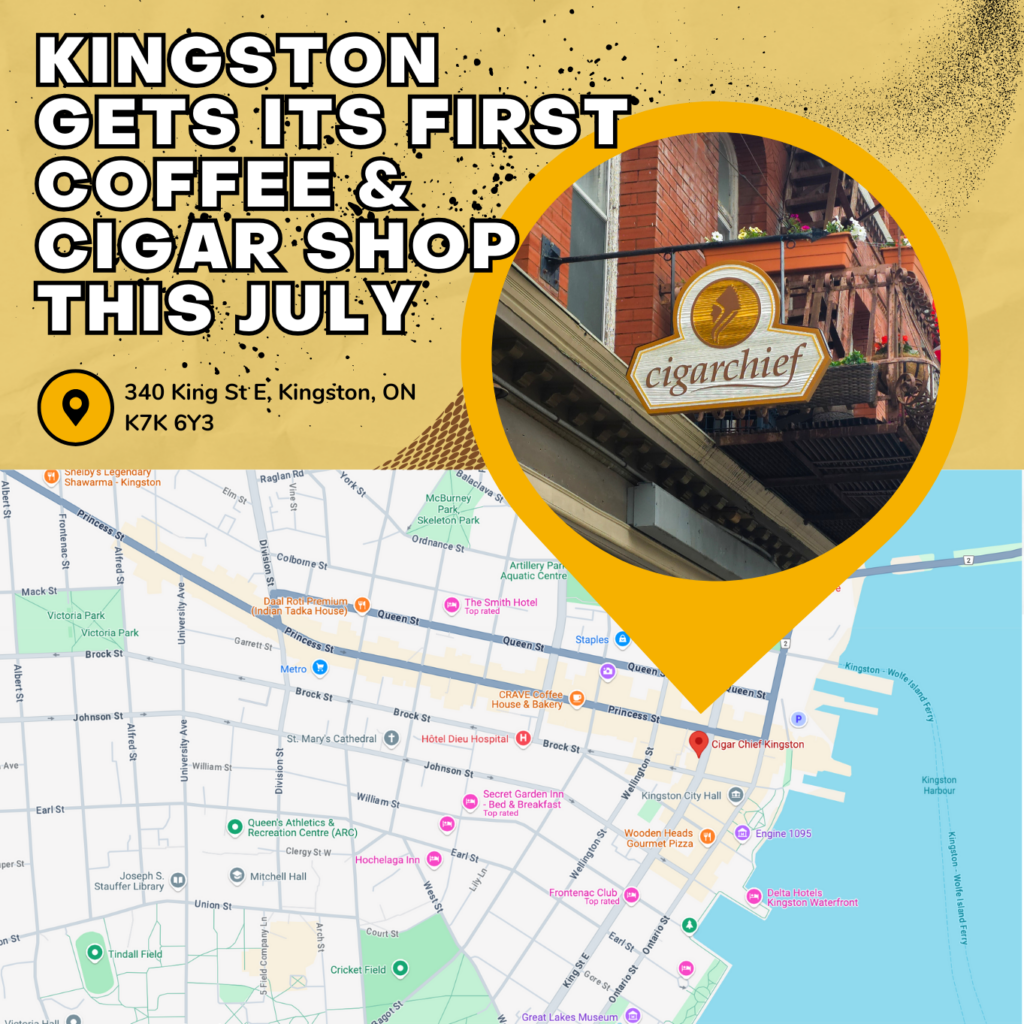

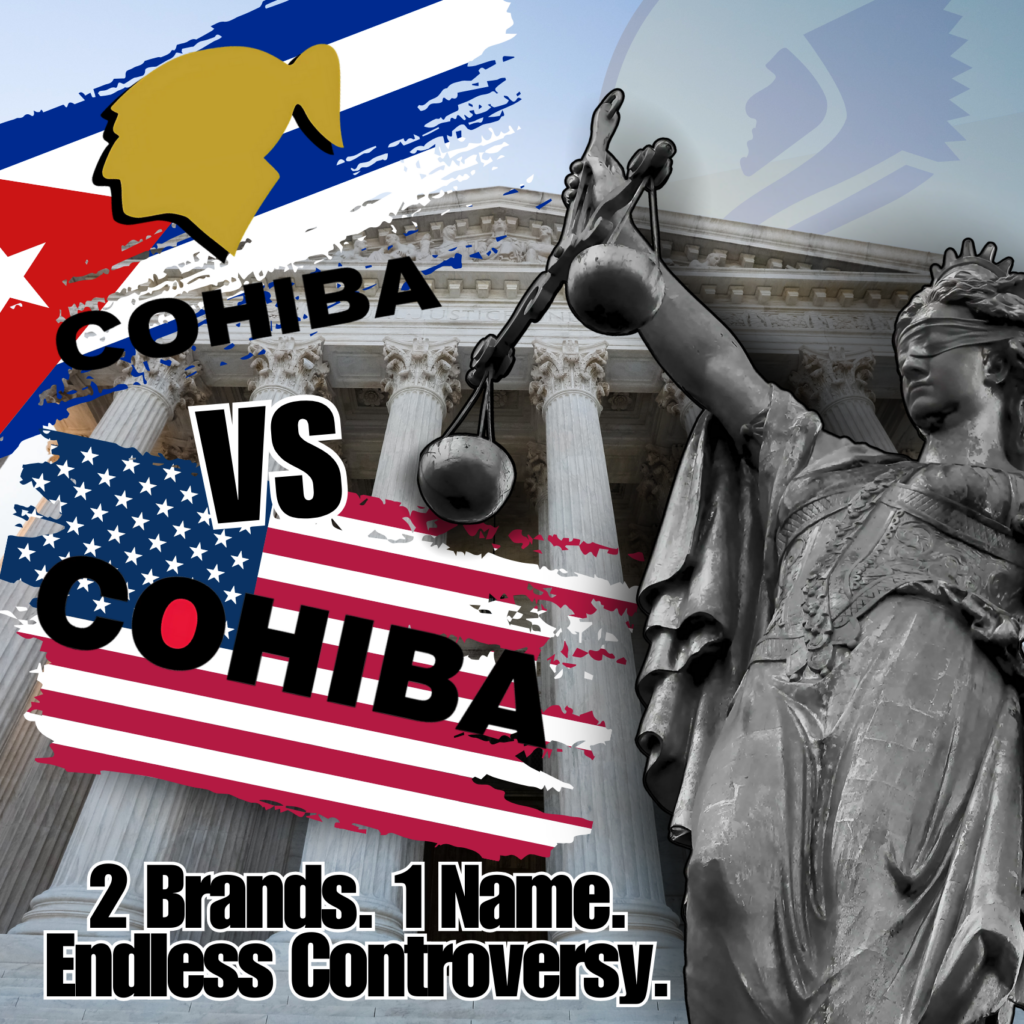
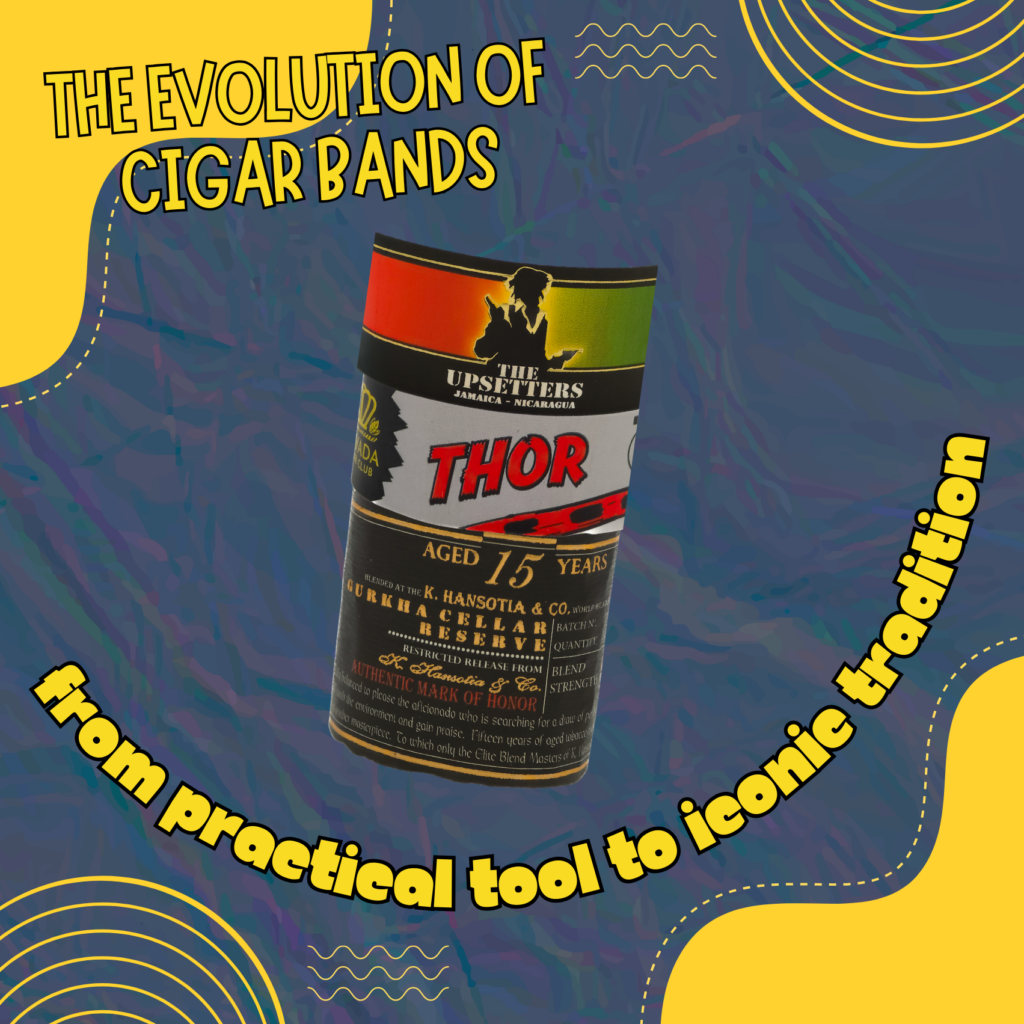
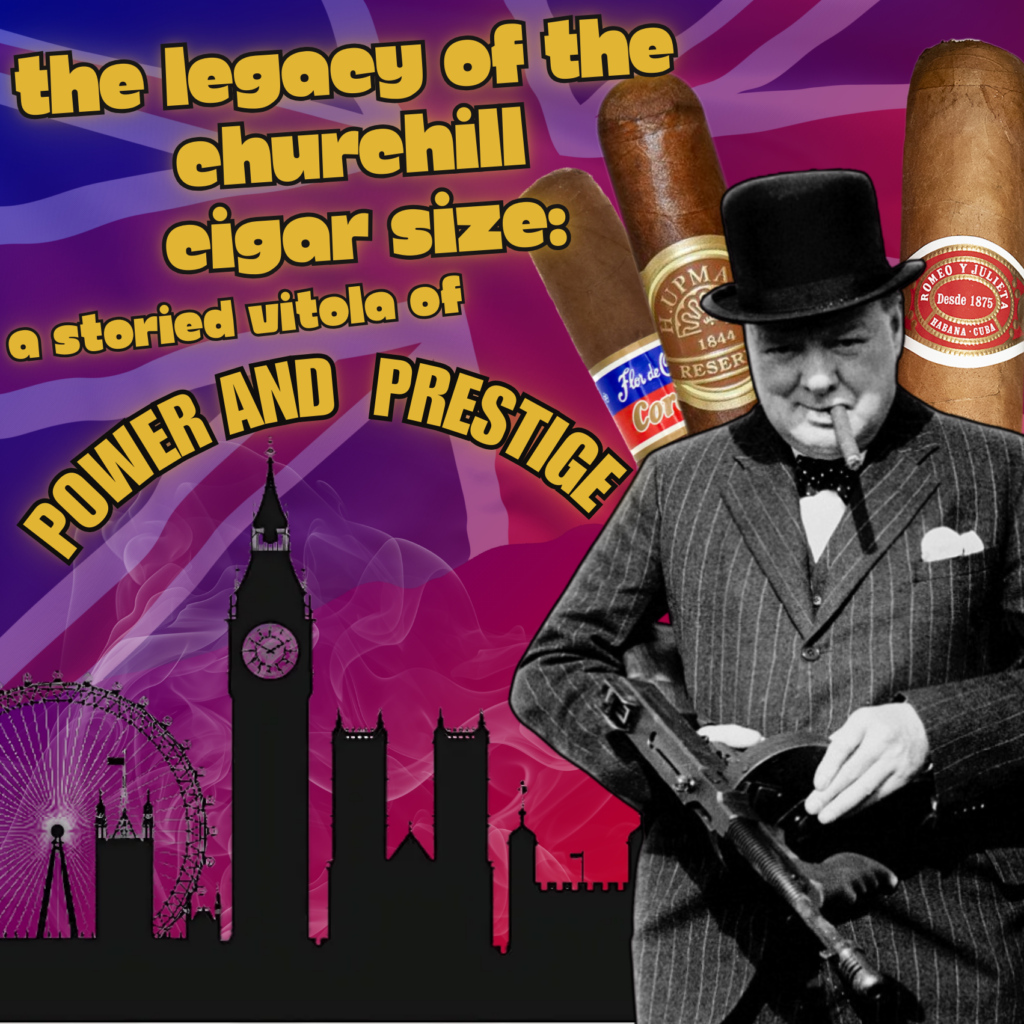
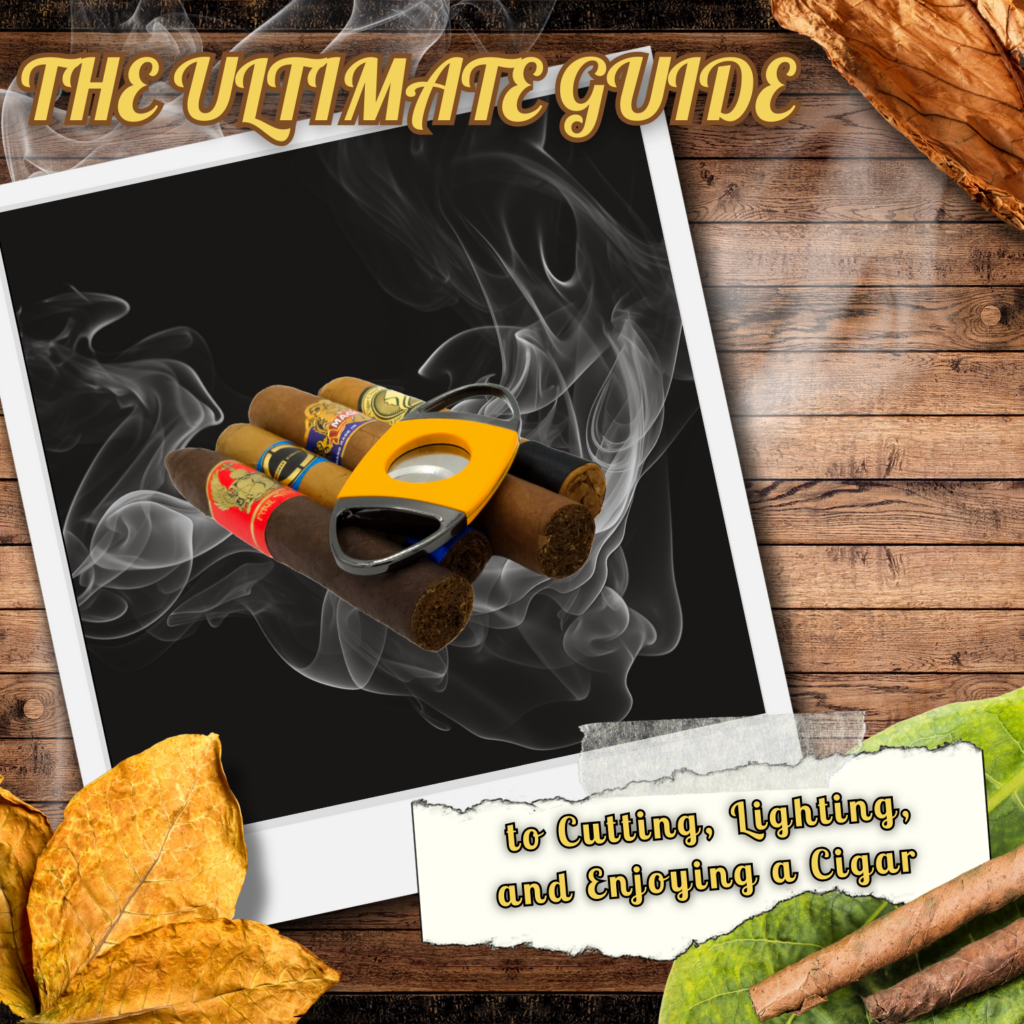
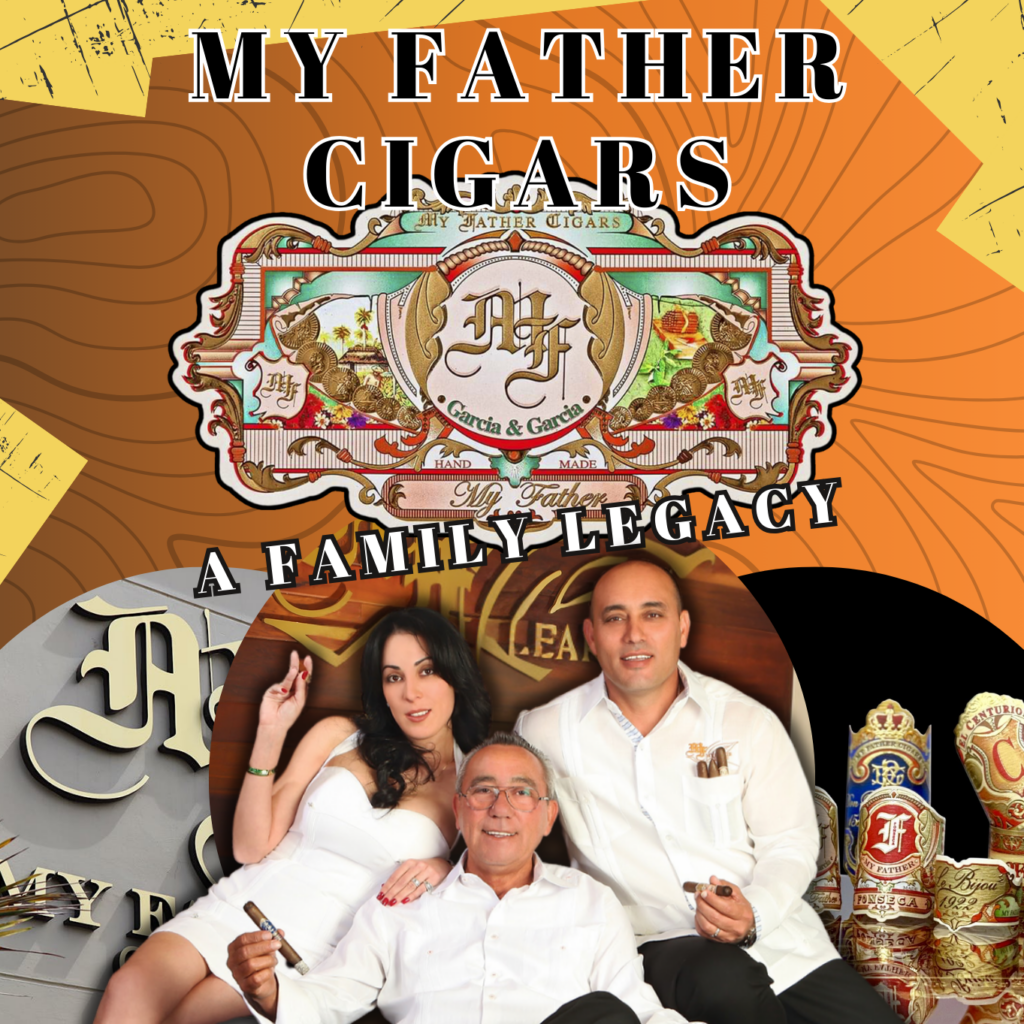

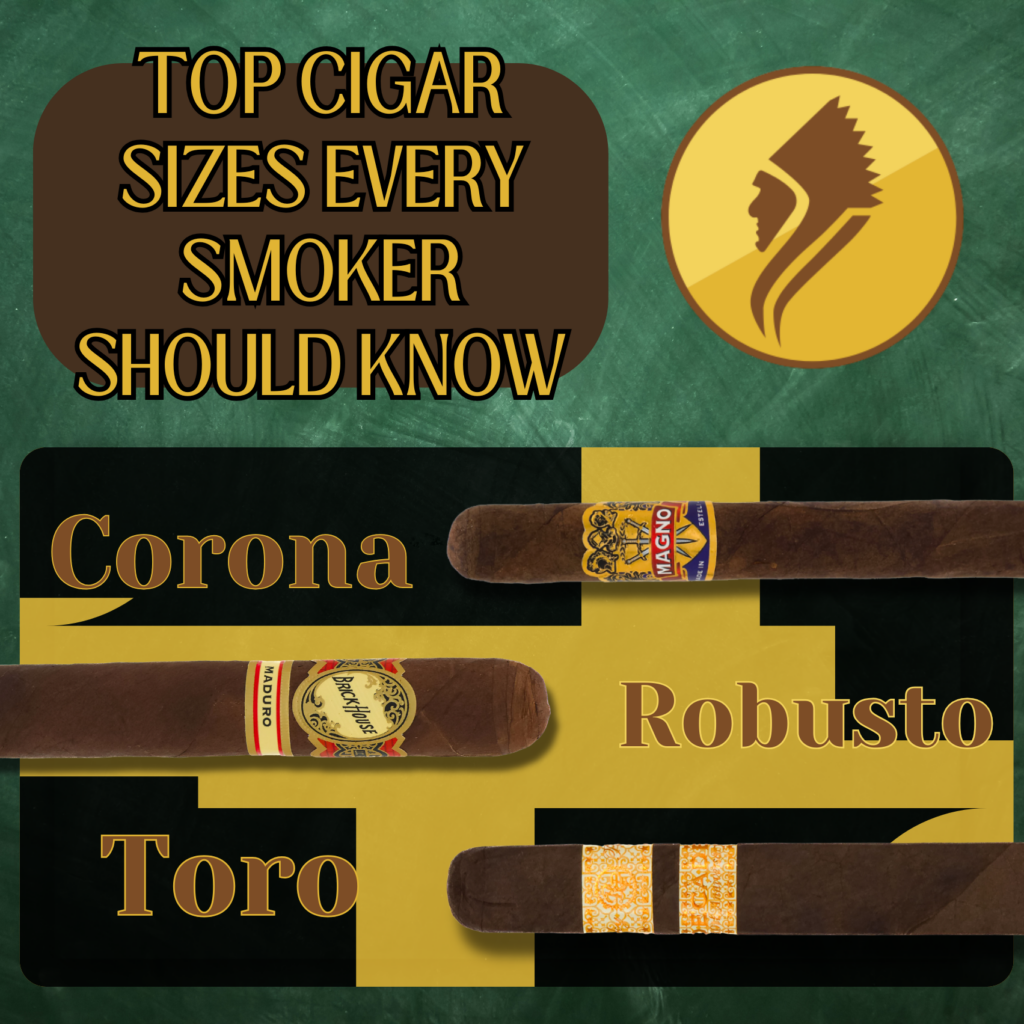
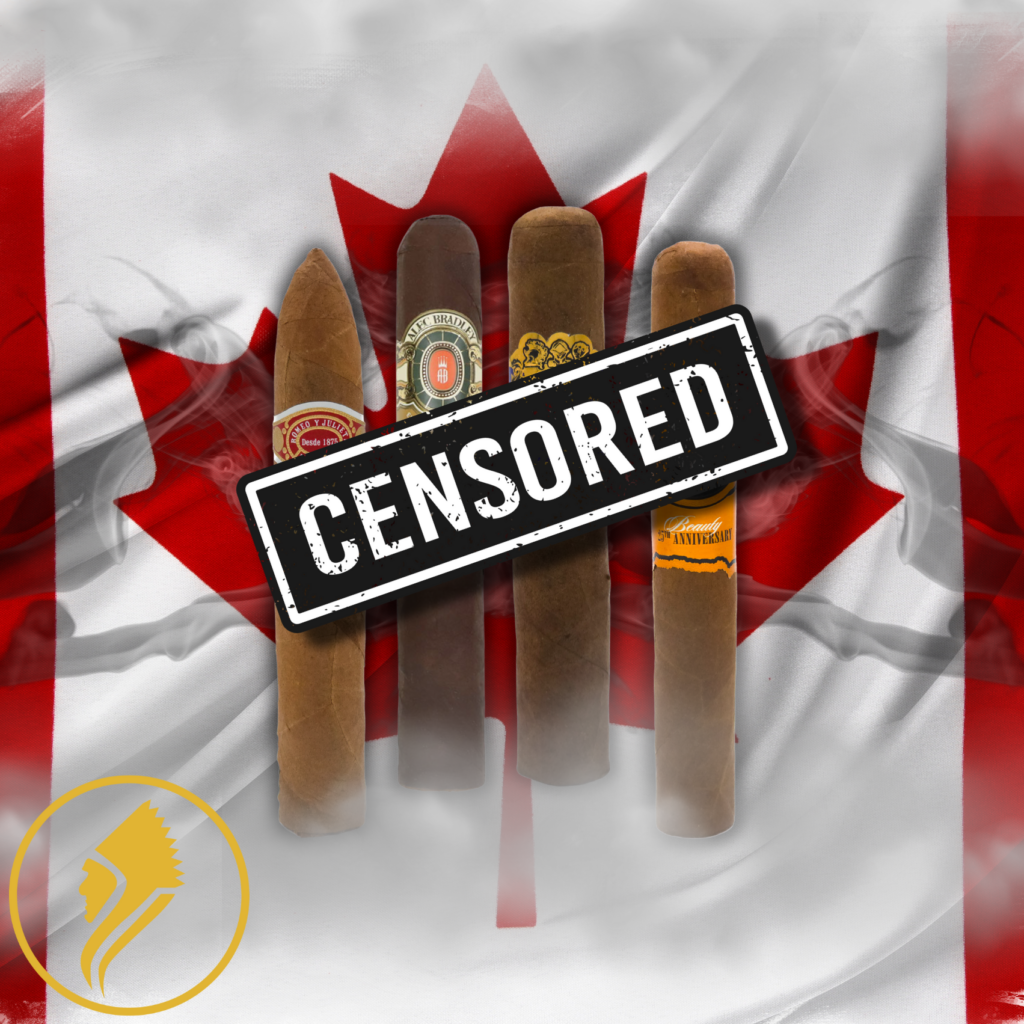

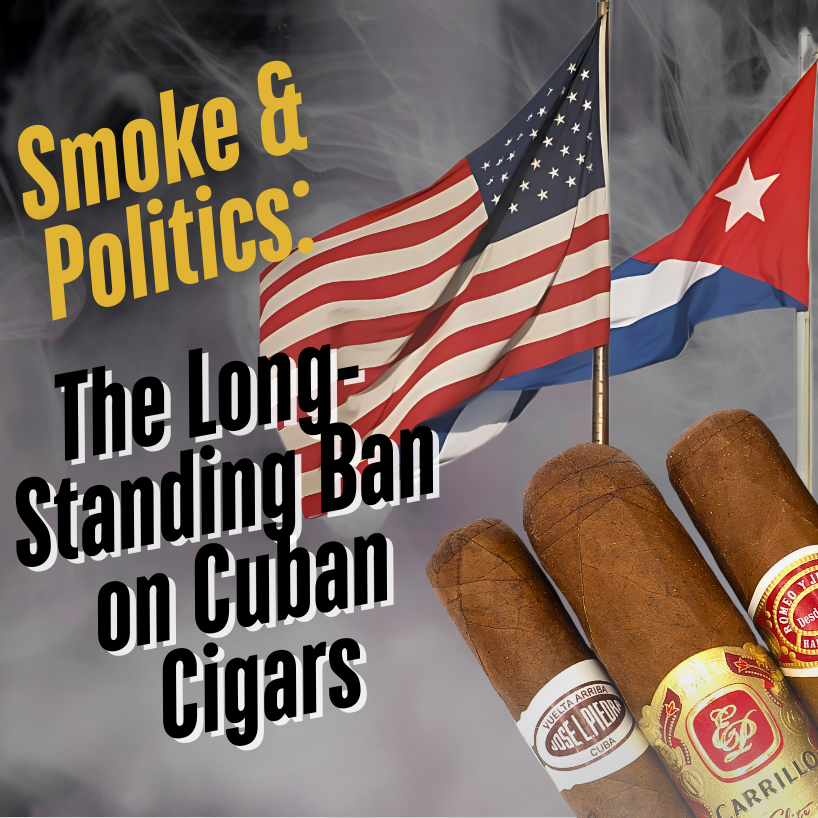
Nice post!